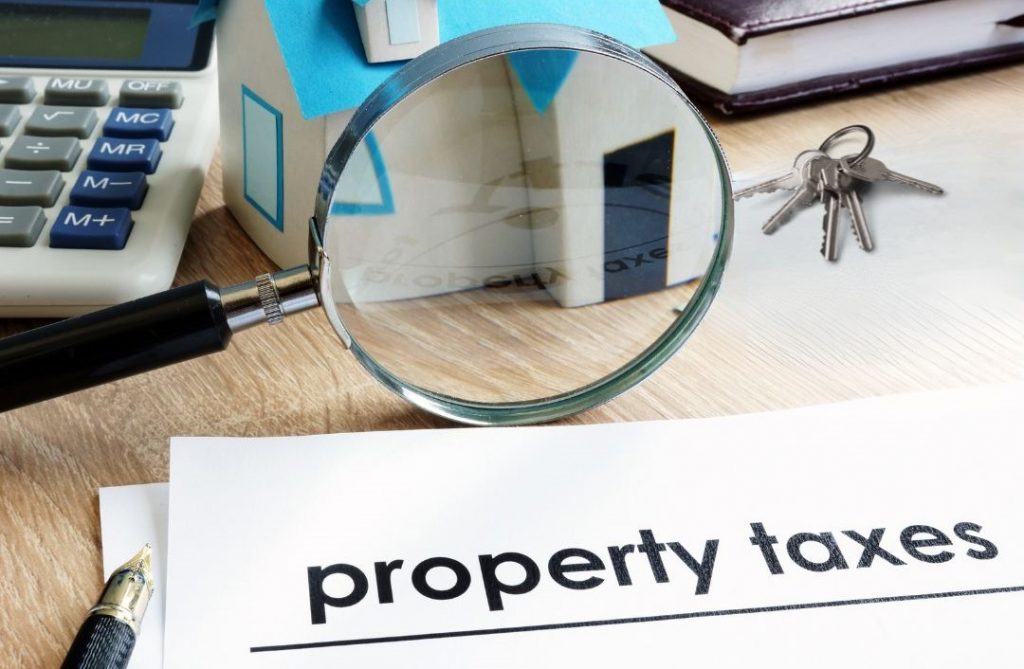Buying a home is a big financial decision, and the purchase price is just the start. Several hidden costs can surprise you if you’re not prepared. Here’s what to include in your budget.
Home Inspections
Getting a home inspection is an important step when buying a house. It helps you spot potential problems that might not be obvious during a showing. The cost usually runs a few hundred dollars, but it’s money well spent. Depending on the property, you might need additional inspections for things like pests or radon, which can add to the bill.
Closing Costs
Closing costs are another big expense to plan for. They typically range from 2% to 5% of the home’s price and cover things like lender fees, title insurance, and attorney services. You’ll also likely need to prepay property taxes and homeowners insurance. To avoid surprises, ask your lender or agent for a detailed breakdown early in the process.
Appraisal and Survey Fees
Lenders require an appraisal to confirm the home’s value. You’ll likely pay this cost, which can run a few hundred dollars. If the property needs a survey to confirm boundaries, that’s another expense.

Moving Expenses
Moving isn’t just renting a truck. Hiring movers, packing supplies, and utility transfers can add up. Moving long distances? Expect higher costs.
Repairs and Maintenance
Even with a good inspection, unexpected repairs may pop up once you move in. Budget for immediate fixes or upgrades like changing locks, painting, or replacing worn-out appliances.
HOA Fees
If you buy a home in a community with a homeowners association (HOA), monthly or annual fees might apply. These cover shared amenities and maintenance.

Utility Connections
Setting up utilities like electricity, water, gas, or internet often comes with activation or transfer fees. In some cases, you might also need to pay a deposit to open new accounts, depending on the provider and your location.
Property Taxes
Property taxes aren’t the same everywhere, so it’s important to know what to expect. You’ll probably pay a prorated amount at closing, and after that, your payments will depend on the home’s assessed value. Budgeting for these expenses ahead of time can save you from unexpected financial strain later.


